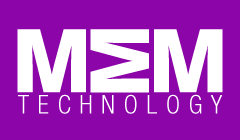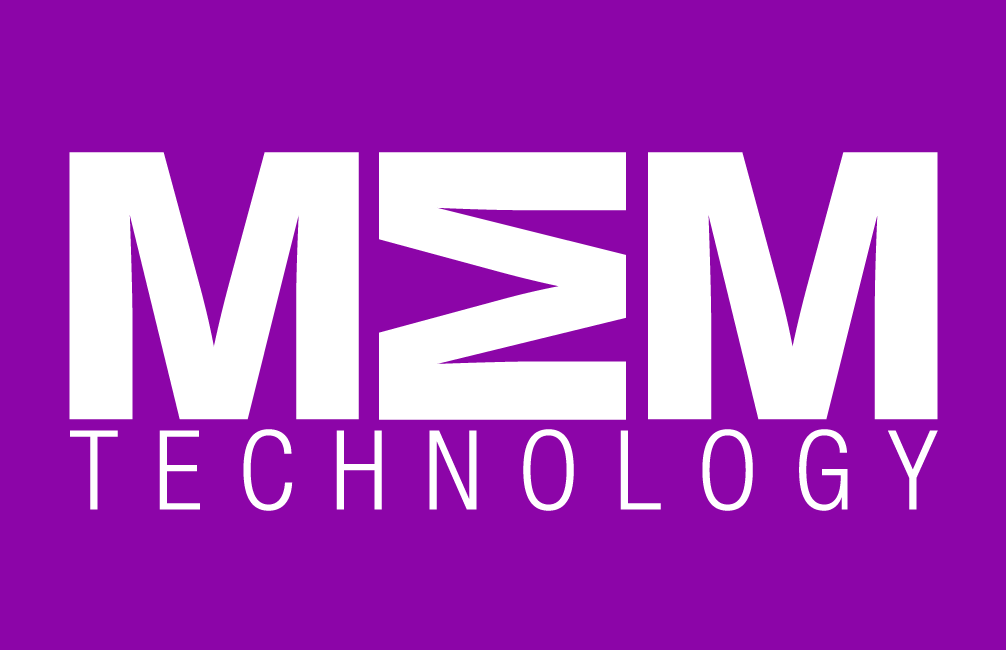A report by ABB and The Economist Intelligence Unit found that the UK is the seventh economy to embrace the preparations for the smooth integration of intelligent automation, with South Korea, Germany and Singapore as the world’s top ranked ones.
However, even the best prepared countries still need to develop even more effective education policies and training programmes, as well as place a new emphasis on continual learning over the course of a career. The report recommends that the policies and programmes that will be implemented must ensure that people will not be left unprepared for the new, more human-orientated jobs that will be needed as robots and algorithms take on more of the routine tasks that can be automated.
The report surveyed and ranked 25 countries on their automation readiness and found that many nations across the globe are just beginning to grasp the opportunities and challenges posed by AI and robotics-based automation. It found that “more engagement between government, industry, educational specialists and other stakeholders is needed if policymaking is to keep pace with innovation in automation”.
As the adoption will accelerate in the following years, the impact on the economy and the workforce, as well as the need for a more concerted approach to education and training, will become clearer and more urgent.
Other countries part of the top 10, and the best positioned to embrace the wave of change, are other members of the ARI, ranked in order: South Korea, Germany, Singapore, Japan, Canada, Estonia, France, the UK, the US and Australia.
The analysis in the report is based on a new and original index developed by The Economist Intelligence Unit, together with a series of in-depth interviews with subject matter experts from around the world.















